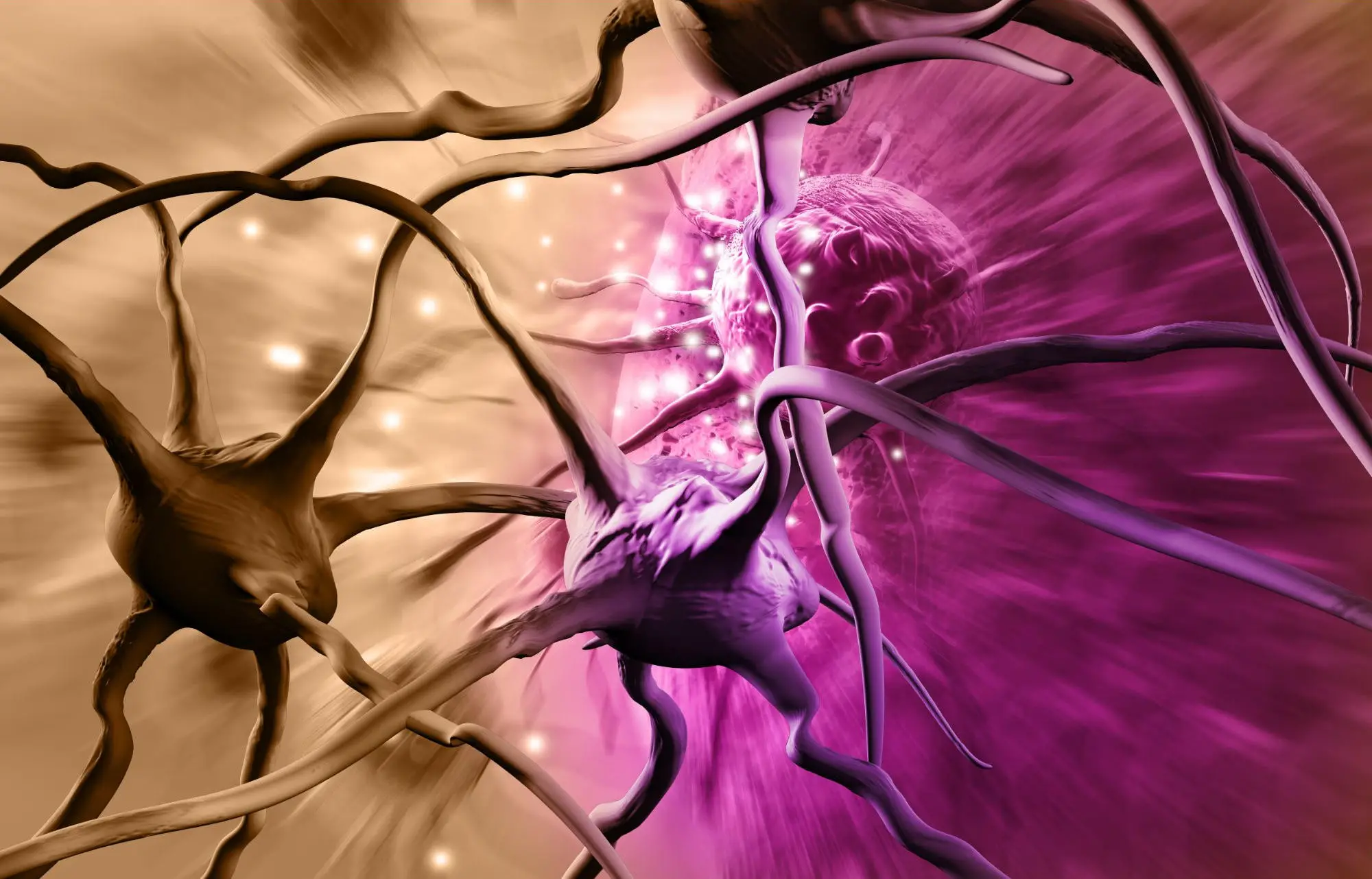Summary of New Drug Combination May Effectively Treat Deadly Childhood Brain Cancer:
Researchers at the University of Colorado Anschutz Medical Campus have made a breakthrough discovery in the fight against MYC amplified Medulloblastoma, a particularly aggressive and challenging to treat type of brain cancer. In collaboration with the German Cancer Consortium (DKTK) University Hospital Dusseldorf, they have found a drug combination that holds promise for providing a better outcome for children diagnosed with this cancer. The drug combination targets the tumor growth pathways and the pathways that allow the tumor to evade the immune system, making the tumor more susceptible to the body’s own immune system. The next step is a clinical trial to determine the effects of this treatment.
*****
Breakthrough in Treating MYC Amplified Medulloblastoma
Brain cancer is one of the most challenging and deadly forms of cancer, and those diagnosed with MYC amplified Medulloblastoma face a particularly grim prognosis. Now, researchers at the University of Colorado Anschutz Medical Campus, in collaboration with their partners, have made a breakthrough by becoming the first to treat MYC amplified Medulloblastoma at a genetic level.
MYC amplified Medulloblastoma is a type of brain cancer that is characterized by an abnormal increase in the MYC gene, which can drive the growth and spread of the tumor. This type of cancer is particularly aggressive and challenging to treat, making it a major concern for patients and their families.
Targeting Pathways to Treat MYC Amplified Medulloblastoma
Using the epigenetic drug tacedinaline, researchers discovered that in addition to making tumors grow, MYC was also hiding the tumors from the various immune cells in the body. They were able to unblock what are referred to as ‘don’t eat me pathways’ that prevent macrophages in the immune system from consuming a tumor.
Then they made the tumor more enticing. When they used tacedinaline to unblock those pathways, and then added anti-CD47, a drug which makes macrophages become super eaters, the tumor became extremely appetizing to the macrophages enticing them to eat the tumor that was unblocked.
“You are essentially harnessing the body’s own immune system by giving it a jumpstart, much like a medical version of PacMan,” said Siddhartha Mitra, Ph.D., assistant professor of Hematology-Oncology and Bone Marrow Transplant at the University of Colorado School of Medicine and University of Colorado Cancer Center member.
A Promising Treatment for Children
Mitra said that traditional adult cancer drugs don’t work well in kids because children are still developing and their normal cells divide at a rapid pace. He believes that this drug combination could potentially help not only minimize the negative impacts of traditional cancer treatment in kids but also give patients diagnosed with MYC amplified Medulloblastoma a better chance at survival.
The next step will be a clinical trial to determine both the short and long-term effects of this treatment. In addition to the Mitra lab, the Labs of Dr. Sujatha Venkatraman and Professor Rajeev Vibhakar from CU-Anschutz were also involved.

